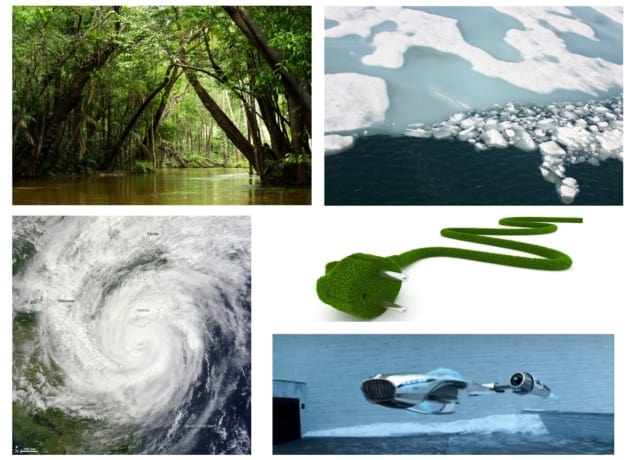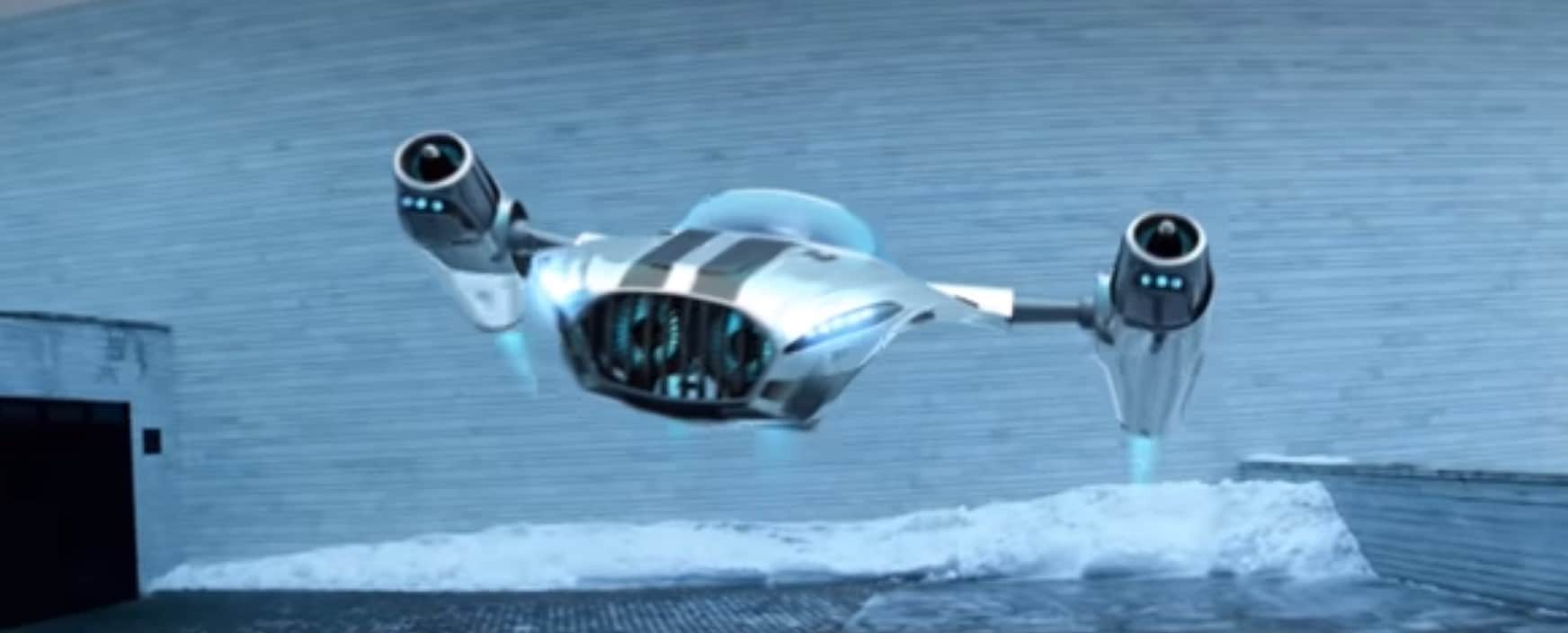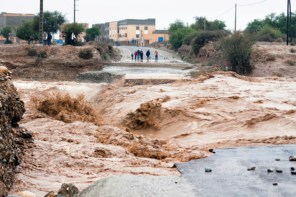
It’s only a few days until we announce Physics World’s 2018 Breakthrough of the Year. In the run-up to the announcement on Thursday, each specialist editor has been selecting the top 5 breakthroughs in their field.
Our top 5 shortlists have been chosen the research we have covered in 2018, based on three criteria:
- Significant advance in knowledge or understanding
- Importance of work for scientific progress and/or development of real-world applications
- Of general interest to Physics World readers
Now that all the shortlists have been published, the Physics World team will get together to debate and decide which of the breakthroughs will make it into the Top 10 – and which will be the overall winner. The final announcement of the Physics World 2018 Breakthrough of the Year will be made on Thursday 13 December.
In no particular order, here is my top five shortlist from our coverage in the environment and energy section.
IPCC Special Report on 1.5 °C climate change
The IPCC released its Special Report on 1.5 °C climate change in October. The work of 91 authors and review editors from 40 countries, the report resulted from the Paris climate talks in 2015 and highlights the climate-change impacts that could be avoided if the world gets its act together and limits global warming to 1.5 °C. “Every extra bit of warming matters, especially since warming of 1.5 °C or higher increases the risk associated with long-lasting or irreversible changes, such as the loss of some ecosystems,” said Hans-Otto Pörtner, co-chair of IPCC Working Group II. Read more in our special collection on climate change at 1.5 °C.
Combustion-free plane takes flight
Aviation has, until now, been an industry stubbornly tricky to make fossil-fuel free using technology. But the first flight of a five-metre wingspan plane that propels itself not with a combustion engine but via charged ions from wire electrodes running off a battery – as demonstrated by Steve Barrett and colleagues at MIT – could eventually change the face of aeroplanes as we know them today.

Outlook for Arctic ice
With temperatures rising, the Arctic continued to suffer. Julienne Stroeve of University College London and colleagues reviewed the state-of-the-art research, concluding that in just two decades the Arctic Ocean is likely to be ice-free during August and September, and by 2060 the Arctic Ocean will be ice-free throughout the summer months. Distressing but important findings.

Regime shift for pacific cyclones
The outlook for cyclones and hurricanes as climate changes has proved controversial over the years, with early research giving conflicting results and the different climate and geographies of the Pacific and Atlantic basins confusing matters further. This study by Jianjun Xu and colleagues at the Guangdong Ocean University, China, found that tropical cyclones over the western North Pacific underwent a “regime shift” in their destructive potential in 1998. In their study of the years 1979 to 2016, the destructiveness of the cyclones increased rapidly after 1998, rising 97% from the interval 1998–2003 to 2012–2016. The researchers believe the shift results from the impacts of the strong La Niña weather phenomenon of 1998–2001, and the strong El Niño in 2014–2016.
And finally, it’s not strictly a breakthrough but our columnist Dave Elliott has done sterling work analysing the debate about 100% renewables, so we’re including one of his articles in the list:
Prospects for 100% renewable electricity
It’s increasingly urgent that we cut global carbon emissions but argument has raged in academic and industry circles over how feasible it is to create an electricity system that’s 100% renewable. Physics World columnist Dave Elliott has been following the debate, concluding that there’s a strong case that it is indeed possible. He’s even cautiously optimistic about the prospects for a 100% renewable heat and power system.
- Take a look at the shortlists from Hamish Johnston, Anna Demming, and Tami Freeman, and check back on Thursday to find out which of our shortlisted breakthroughs have made it to the Top 10 – and which is the overall winner



